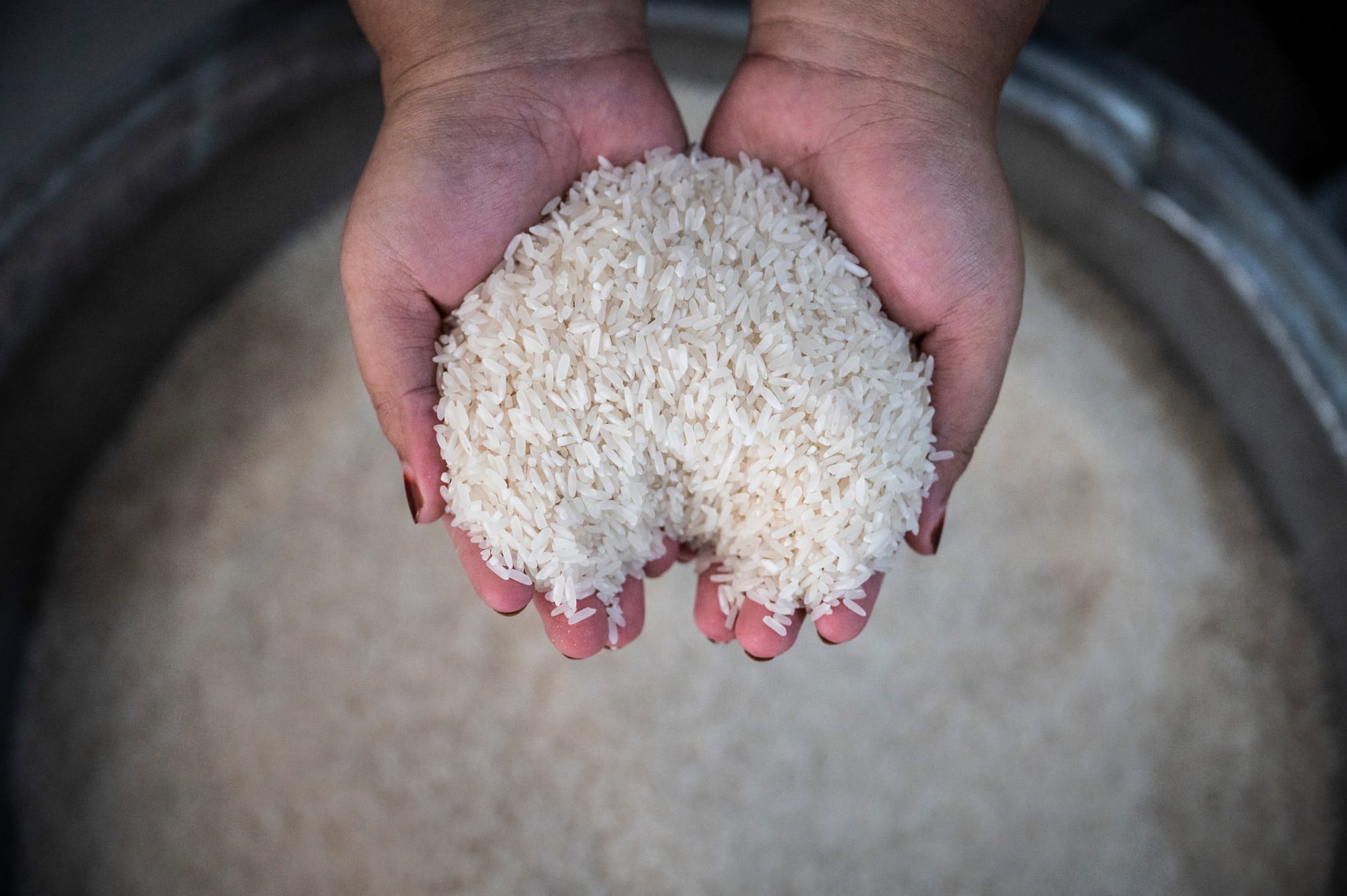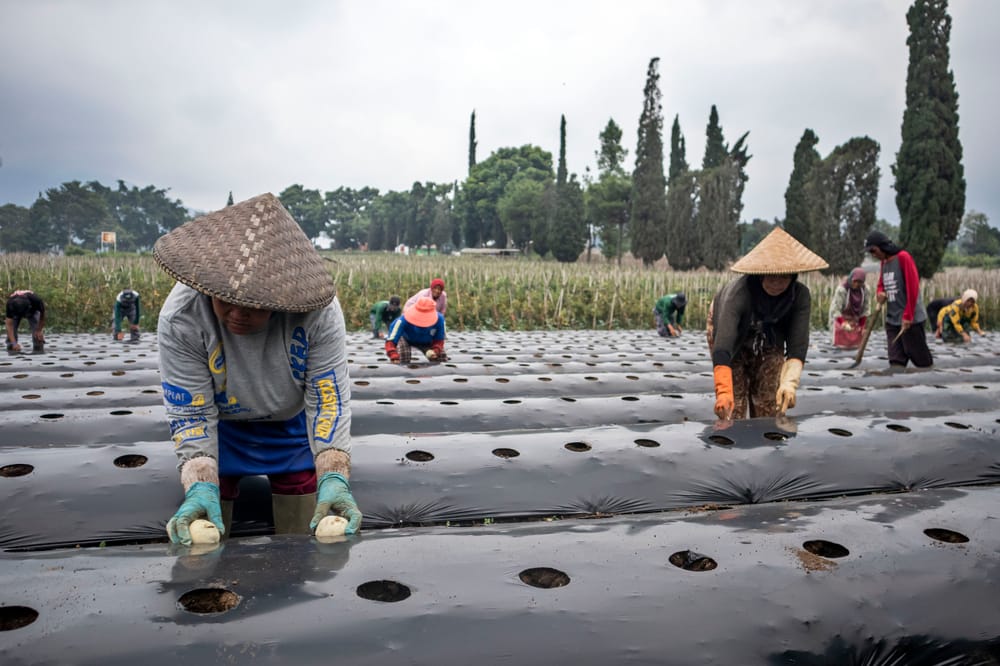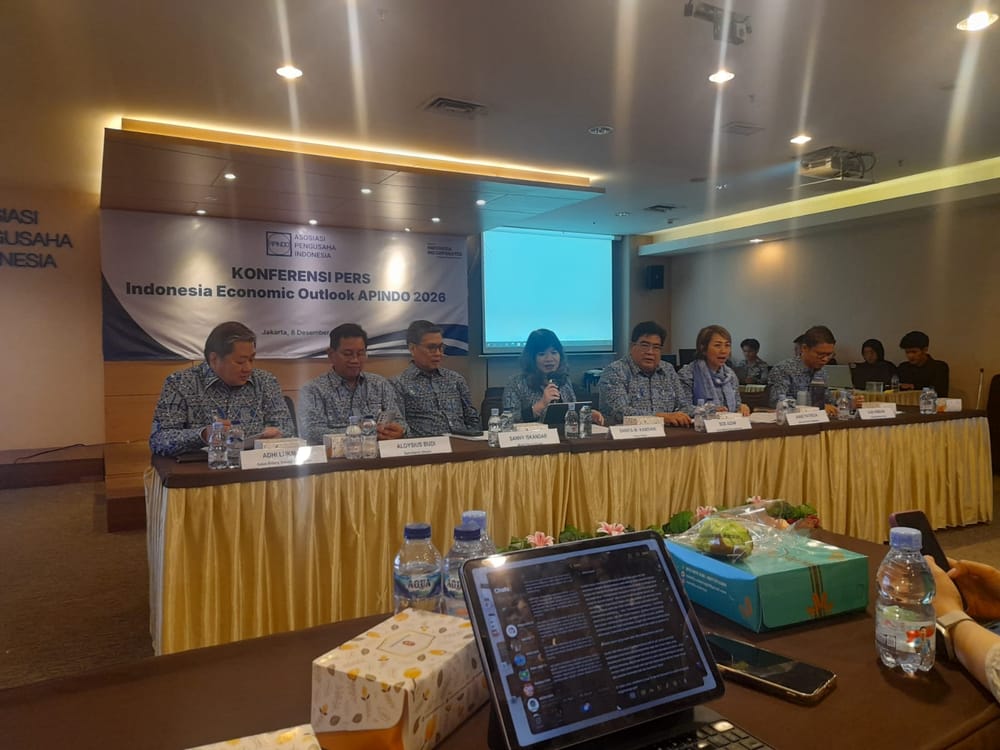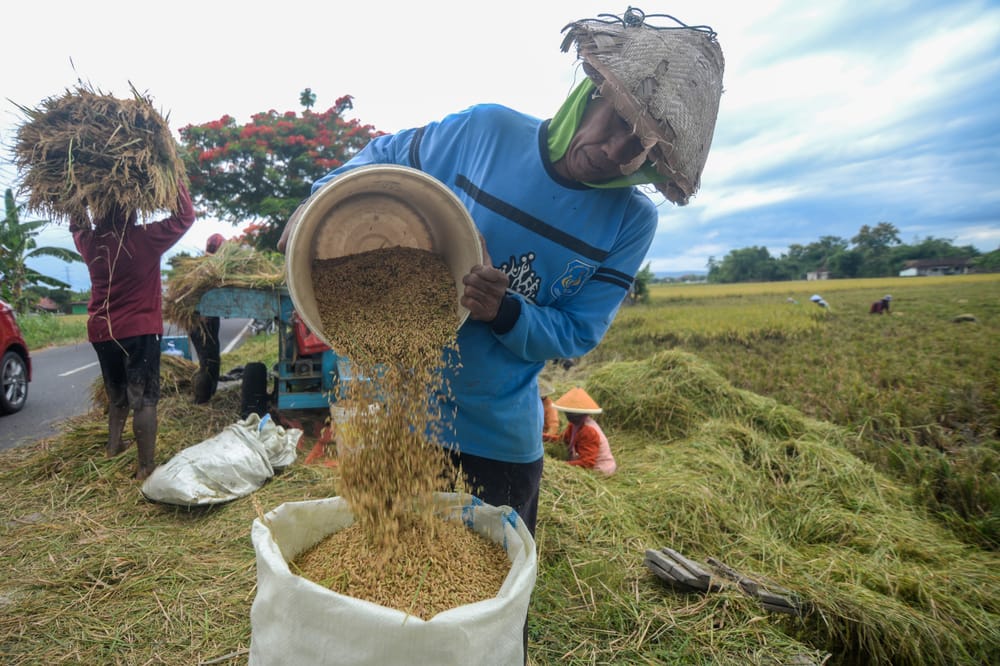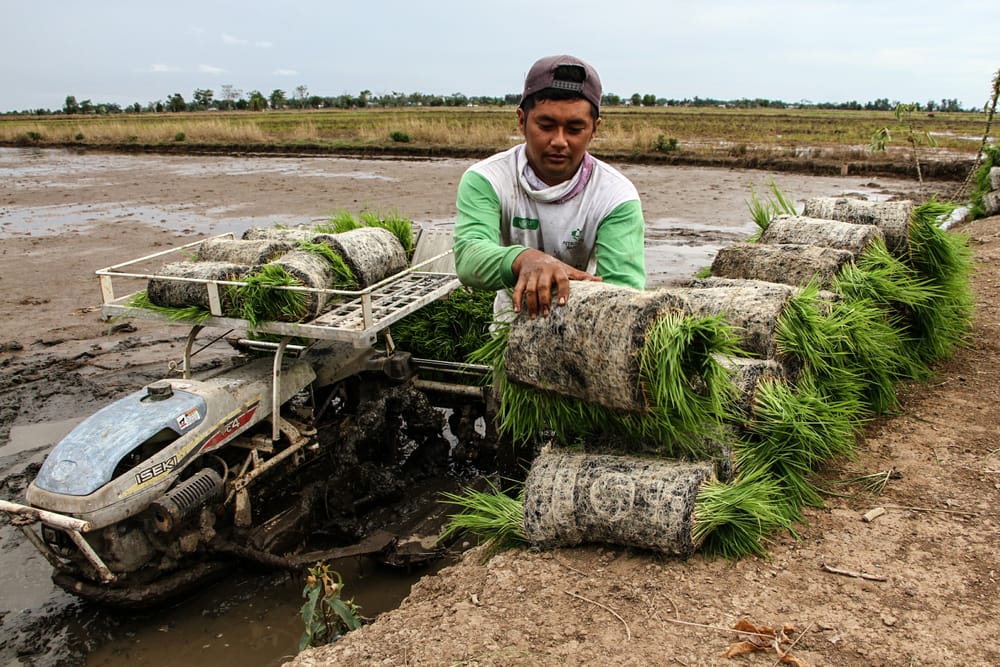The demonstrations in Jakarta, which resulted in riots from August 25 to August 31, 2025, did not disrupt food stocks and prices. Food supplies in traditional markets and supermarkets remained under control. Only rice and curly red chilies experienced price increases, which had occurred before the demonstrations.
Based on SUAR's monitoring at the Senen Main Market (1/9), all main food commodities, such as rice, shallots, red chilies, beef, chicken eggs, cooking oil, and granulated sugar, were available. There were no shortages.
One of the basic necessities traders, Rohman, said that the availability of food at his shop was complete and still under control. The prices of several commodities were also stable. Only the price of curly red chilies experienced an increase from Rp 37,000 per kilogram (kg) to Rp 40,000 per kg.

The increase in the price of curly red chilies had occurred before the demonstrations due to declining farmer production due to weather.
Rohman complained about the lack of visitors after the demonstration. Usually, visitors would shop in the morning, but since Monday (1/9/2025), only a few visitors have shopped and can be counted on one hand.
“The impact of the demonstration is only on the number of visitors who come. This morning, only 5 people have shopped, on a normal day there would be more than 15 people,” he said.
“The impact of the demonstration is only on the number of visitors who come. This morning, only 5 people have shopped, on a normal day there would be more than 15 people,” said Rohman.
Food commodity prices at the Senen Main Market as of September 1, 2025: shallots Rp 45,000 per kg (normal), red chilies Rp 40,000 per kg, experiencing an increase from Rp 37,000 per kg, beef Rp 135,000 per kg (normal), chicken eggs Rp 28,000 per kg (normal), cooking oil Rp 16,000 per kg (normal), granulated sugar Rp 18,000 per kg, medium rice Rp 13,000 per kg – there was a price increase of Rp 417 per kg.
Similarly, a rice trader at the Senen Main Market, Wati, said that the increase in rice prices had occurred before the demonstrations. "Because rice productivity has decreased," she said.
In addition to monitoring at traditional markets, SUAR also checked the availability of prices and food stocks at the Farmer Markets Mall Ciputra supermarket on (1/9).
The availability of main food items at Farmer Markets is safe and under control, especially for rice, which is neatly arranged. There are no empty rice stocks in this supermarket. The visitors looked crowded compared to the traditional market.
One of the Farmer Markets employees, Anton, said that the supply and prices of food are still under control. There are no shortages of stock and everything is complete.
“God willing, activities are running as usual. I was told to come back to work and serve customer needs,” he said.
Recommendation to keep shops open
The Chairman of the Indonesian Retail Entrepreneurs Association (Aprindo), Solihin, stated that his party had sent a notification letter to all members. The letter contained a recommendation to keep shops open after the demonstrations. The aim is to prevent the public from worrying and to prevent panic buying.
Panic buying occurred because people feared that modern retailers would no longer operate due to the demonstrations, leading them to buy many products.
Solihin stated that Aprindo will continue to operate and encourages people not to panic. Entrust everything to the government and hope that the demonstrations will not happen again.
Aprindo will continue to operate and encourages people not to panic. Entrust everything to the government and hope that the demonstrations will not happen again.
"I have sent a letter to all members, to continue operating so that people can shop for basic needs," he told SUAR in Jakarta (1/9).
Regarding the shortage of rice at modern retailers in several regions, Solihin explained that this phenomenon occurred because entrepreneurs were under pressure in selling premium rice.
The numerous cases of mixed rice make business actors hesitant to sell premium quality rice to the public. Therefore, many retailers are reducing their stock of premium rice.
BPS announces August deflation reaching 0.08%
The Central Statistics Agency (BPS) reported that in August 2025, there was deflation of 0.08% compared to the previous month. Annually (yoy), there was inflation of 2.31 percent.
Deputy for Distribution and Services Statistics at BPS, Pudji Ismartini, mentioned that when viewed from the expenditure group, the expenditure group that contributed the most to monthly deflation was the food, beverage, and tobacco group, with deflation of 0.29% and contributing 0.08% to deflation.
"The commodity that predominantly drove deflation in this group was tomatoes, which contributed 0.10% to deflation," she said during a BPS press conference via YouTube, in Jakarta, Monday (1/9/2025).
Then, other commodities that also contributed to deflation in this group were cayenne pepper with a deflation contribution of 0.07%, air transportation fares with a deflation contribution of 0.03%, and then gasoline with a deflation contribution of 0.02%.
In addition, there were also commodities that still contributed to inflation in August 2025. These included red onions and rice, which each contributed 0.05% and 0.03% to inflation, respectively.
Increase supervision
Economic observer and Board Commissioner of LPS 2020-2025, Lana Soelistianingsih, said that the government needs to increase supervision of main food commodities to maintain inflation after the demonstrations.
Food commodities are a major contributor to inflation, so their supply must be maintained, and their prices must not increase drastically. The National Food Agency can monitor price developments and can go directly to the field to check availability.
"Supervision is important at this time, to ensure that the supply and prices of food are maintained," she said.


